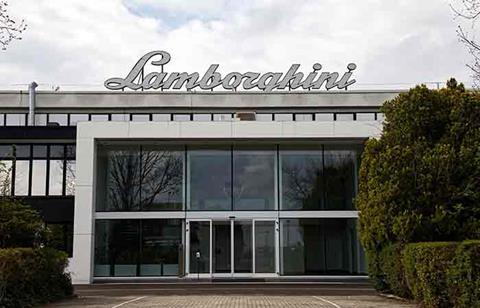
Automobili Lamborghini has signed an agreement to balance its Italian employees’ leisure and work time through greater flexibility and reshaping working hours.
Decided with the Unitary Trade Union Representation, FIOM CGIL and FIM CISL, the draft agreement for the years 2023-2026 sets out new work models that will not impact starting pay to be implemented initially on an experimental basis. Production employees will be able to alternate four-day weeks with five-day weeks, with one Friday off every two weeks for two-shift departments or two Fridays off every three weeks for three-shift departments.
Non-production employees will receive 12 days per year of additional leave, as well as up to a maximum of 12 days per month of smart working.
The agreement will also introduce a financial supplement at 70% of salary for the first six months of optional maternity and paternity leave, raised to 80% of pay if both parents use it, and a supplement at 100% salary for single parents or if leave is required for children with disabilities.
In addition, employees will be entitled to eight hours of paid leave for settling a child into nursery school, increased to 16 for single parents or those with children with disabilities, 10 days of paid leave for adoption and foster care, and the opportunity to undertake a deaf culture awareness course through the National Deaf Society, Bologna section.
The agreement provides for a 50% increase in current variable bonuses in addition to the disbursement, and details an extraordinary €1,063 bonus this month to celebrate the employer’s 60th anniversary.
Umberto Tossini, chief people, culture and organisation officer at Automobili Lamborghini, said: “Within this framework, the innovative shift system we have developed ensures that we increase the capacity of our plants to be timely in serving the growing number of customers we have around the world. At the same time, the innovations introduced meet people’s expectations through working hours that allow everyone to recover the physical and mental energies necessary for communal wellbeing.”
















